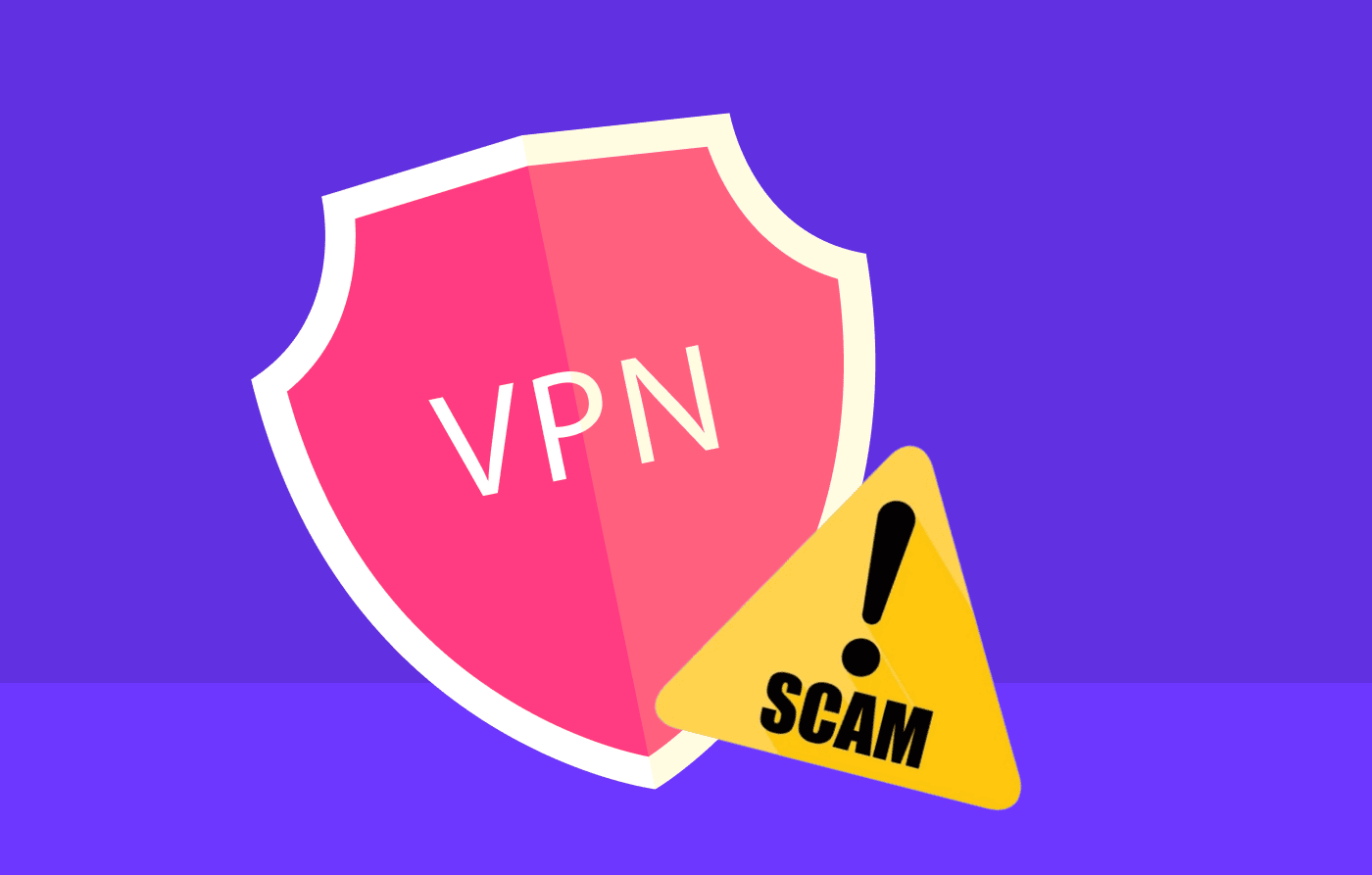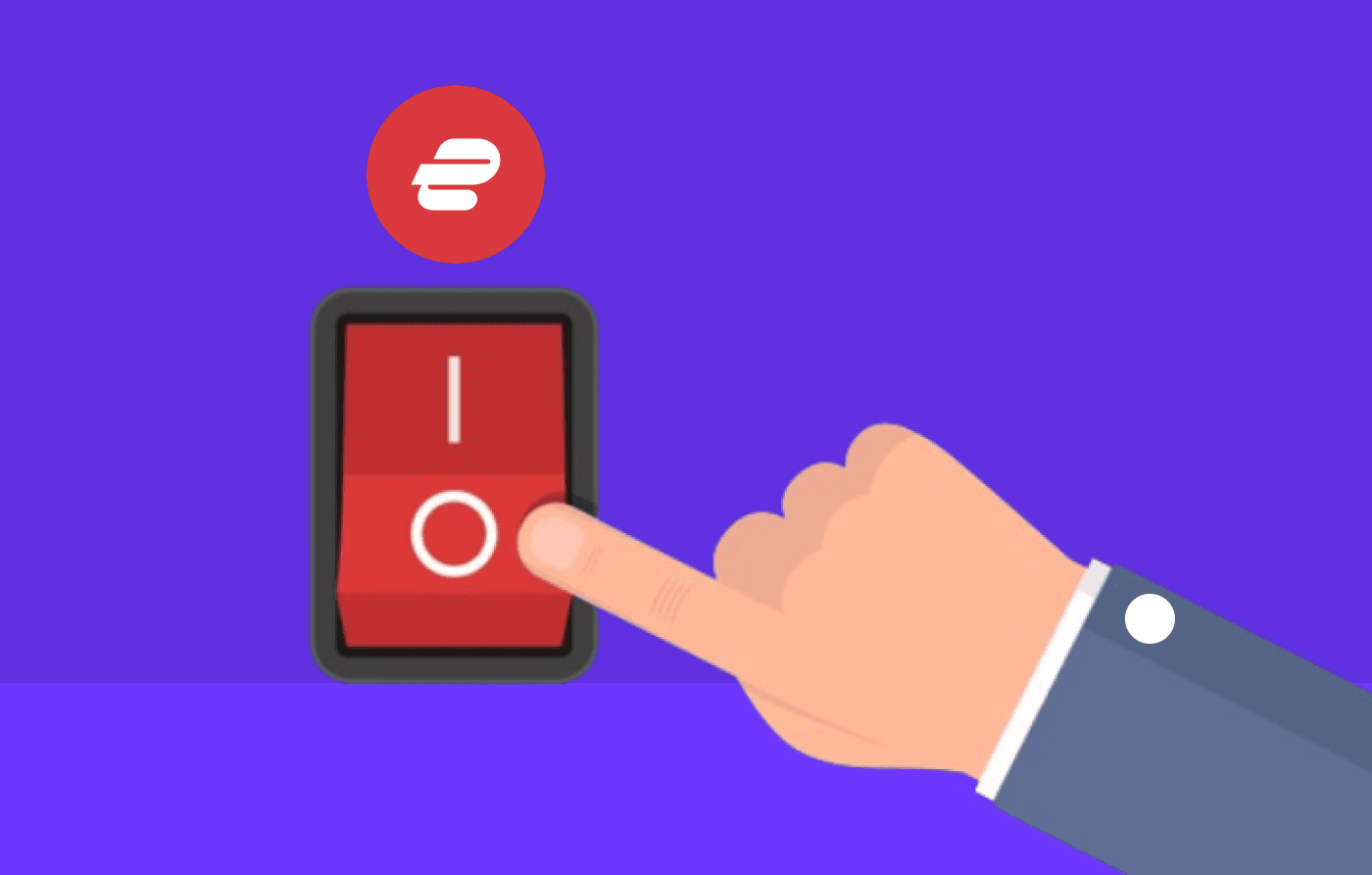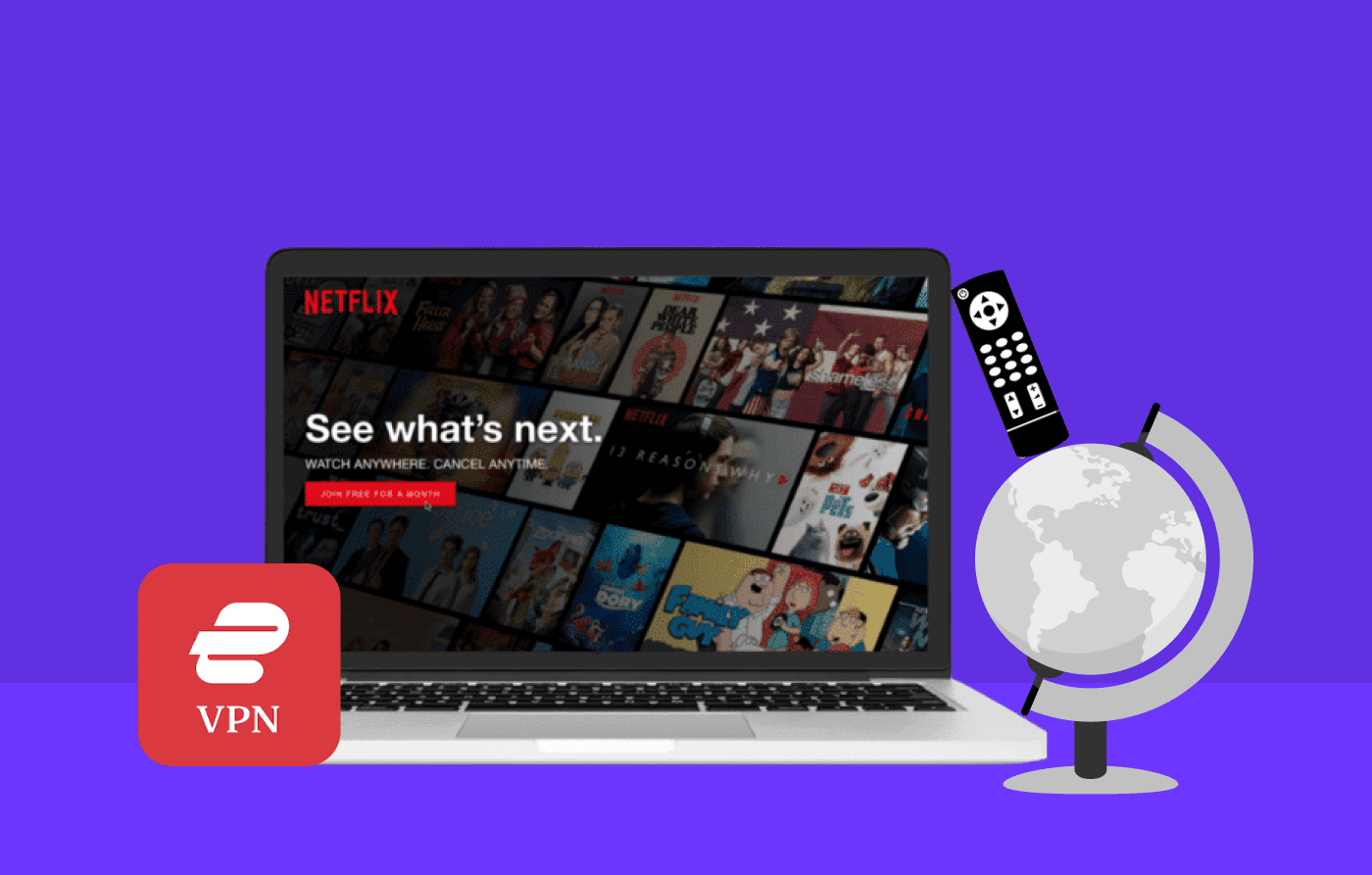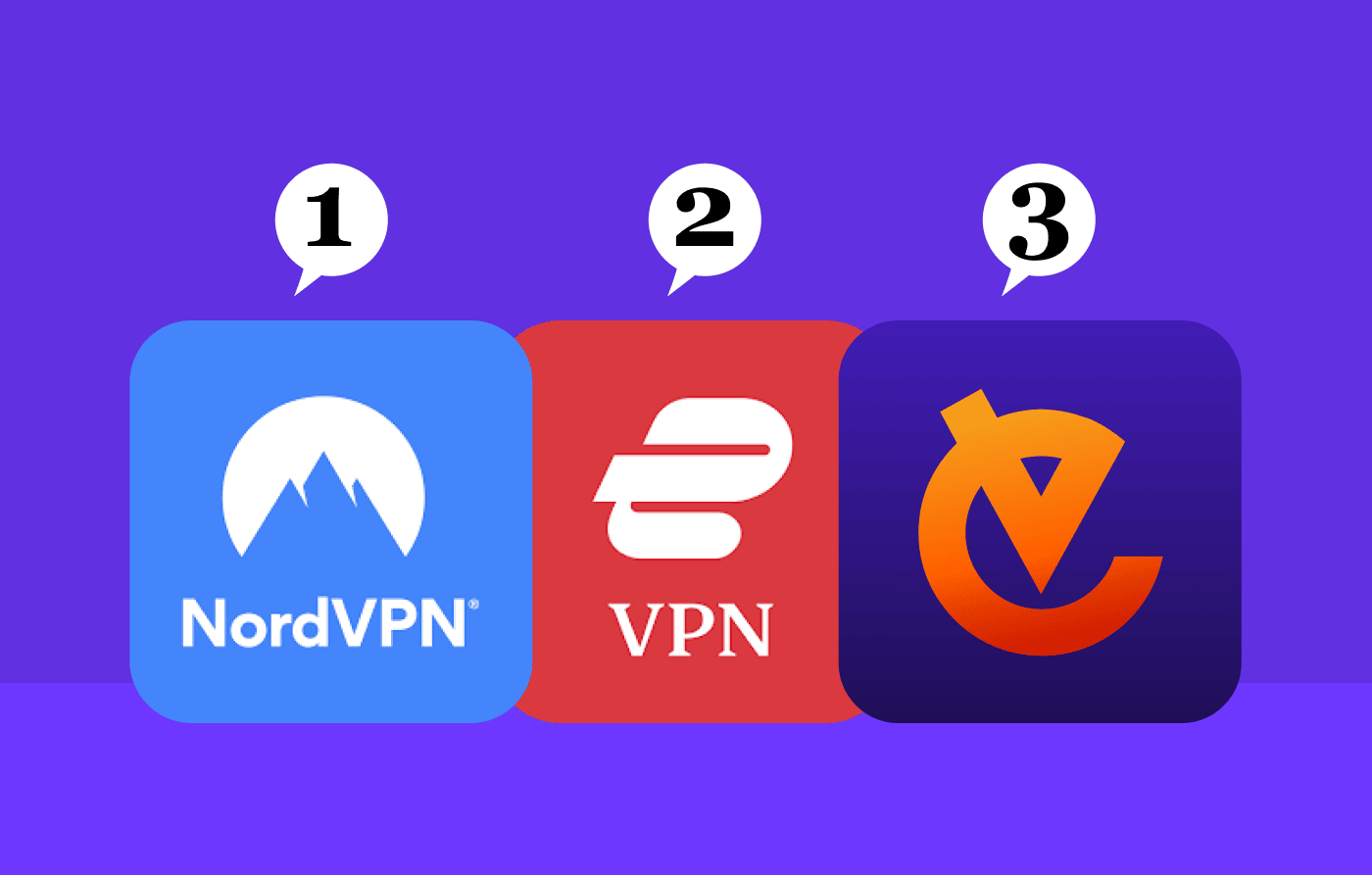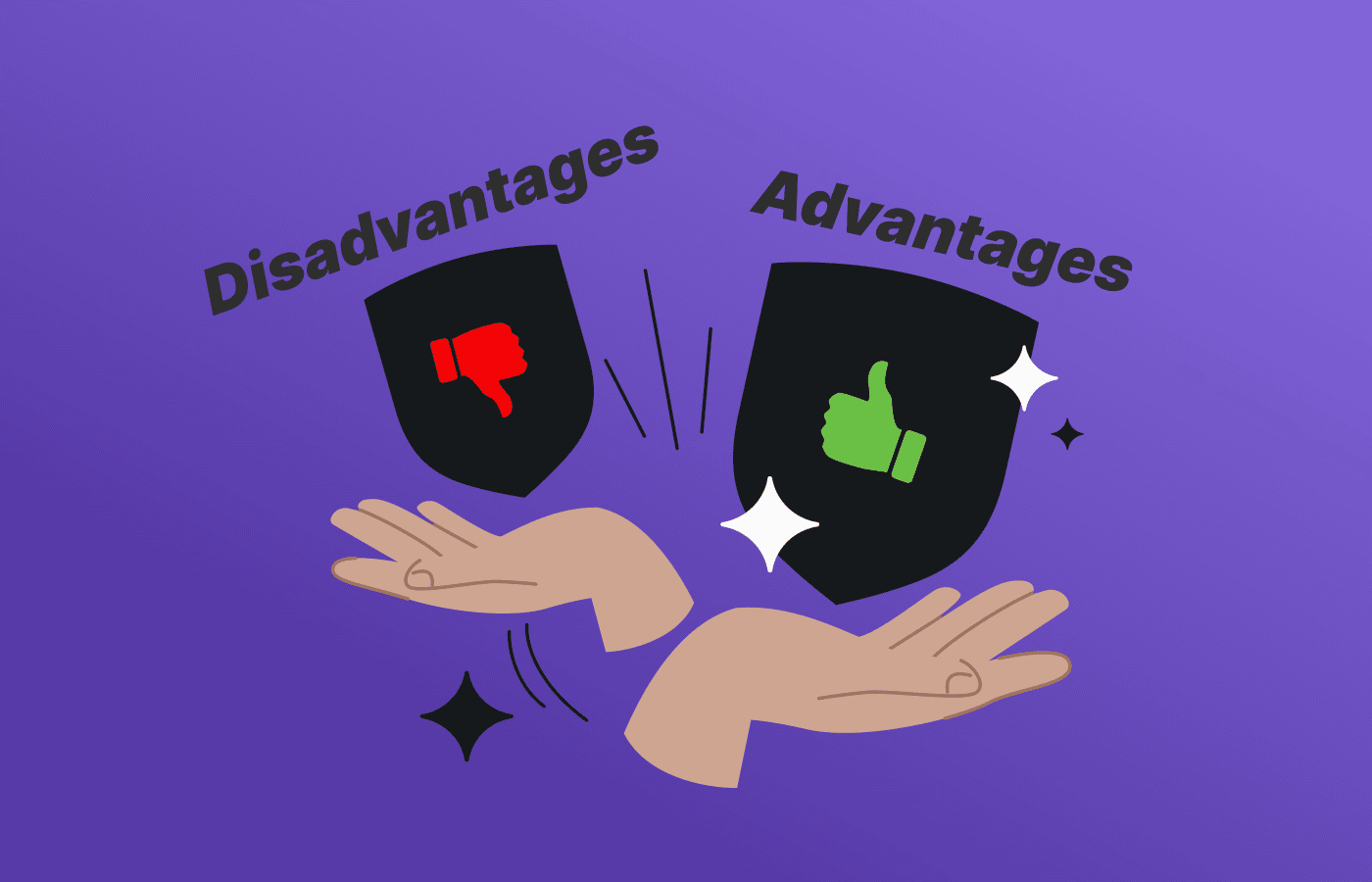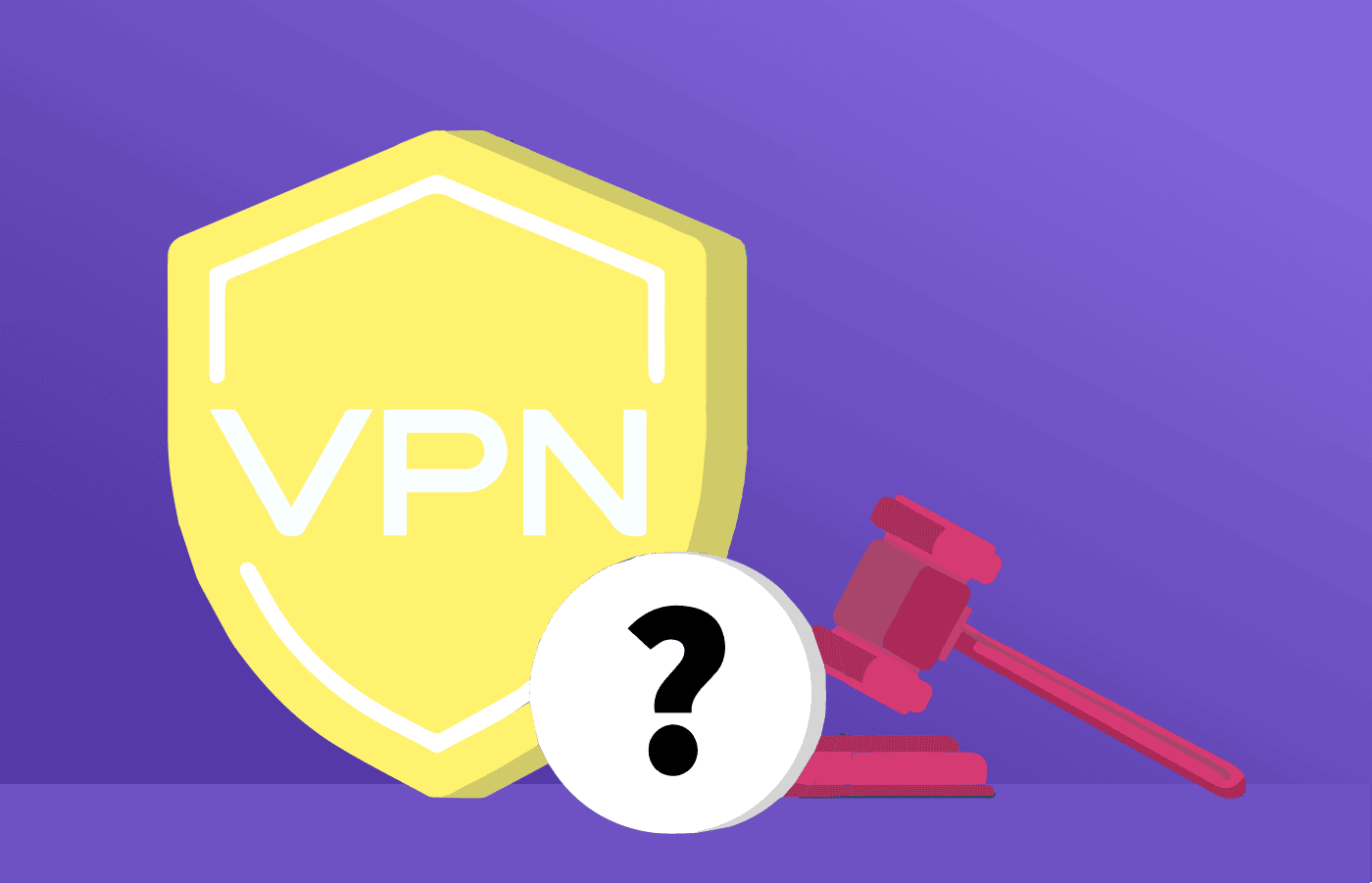As sports broadcasting rights have become increasingly regionalized, using a VPN to access streaming content outside officially licensed territories has become more popular. For many fans, VPNs provide a way to watch their favourite hometown teams or leagues that may not be accessible due to broadcasting restrictions.
However, using VPNs to circumvent geo-blocking raises legal and ethical questions. This article will explore the benefits and drawbacks of using a VPN to watch streaming sports. We will examine common issues like legality, reliability of VPN access, and potential platform blocks.
Why Sports Fans Need a VPN
One of the biggest frustrations for sports fans is being unable to watch their favourite hometown teams due to regional broadcasting restrictions. League deals give exclusive rights to local stations and networks, meaning out-of-market or out-of-country viewers are often prohibited from streaming games online. Even with cable or satellite, blackout rules can block local broadcasts.
In such cases, a VPN comes in handy. It bypasses these restrictions by masking the user’s real IP address and location. Fans can connect to a VPN server in the local team’s broadcast region and stream games like they are at home. This lets NFL Sunday Ticket, MLB.tv, and league pass subscribers watch any game regardless of location.
Restrictions on Streaming Sports Based on Where You Are
Location-based restrictions imposed on sports streaming services generally frustrate many fans. These restrictions prevent users from watching the games of their choice, despite how much they may spend on subscriptions to access live sports content.
Streaming platforms license content from broadcasters based on territorial agreements that depend on a user’s geographic location as determined by their device’s IP address. Based on these licensing deals, broadcasters actively block or allow access to specific sports content using the location data provided by streaming services.
A VPN service proactively masks a user’s real IP address and substitutes it with one from a remote server in another region. It effectively circumvents the broadcasters’ location-based restrictions and allows users access to streaming sports content regardless of territorial limitations imposed by the licensing agreements between platforms and media companies.
VPN – The Master of Unblocking
A VPN is a robust tool that allows you to access different online content regardless of location. Whether you want to watch movies, TV shows, or sporting events, a VPN can help you stream them from anywhere.
However, a VPN doesn’t unlock every single type of content. Some things, like cable channels, require a direct connection between your device and the provider. Since a VPN cannot interfere with this link, it cannot give you access to channels your provider has blocked in your area.
For this reason, if you want to take full advantage of a VPN’s capabilities, only use it for streaming services with a wide selection. Then, invest in a premium VPN and select a server location that matches the content you hope to view.
Doing so means you can watch live or recorded games featuring your favourite sports teams or view your preferred genres no matter where you are.
Why VPNs Don’t Work with Cable T.V. Channels
VPNs are not perfect and have a few limitations. They can’t help you unblock the content you access through your cable TV provider. Your cable TV provider can control what channels you watch.
For instance, they can decide which content is accessible to you and which is blocked for all users. In this way, there is a limit to the kind of information you can access via your cable TV provider, and it doesn’t matter whether or not you are using VPNs. Consequently, when it comes to using a VPN with your cable TV, it’s almost worthless.
How to Unblock Streaming Services with a VPN
Many people like watching Netflix, but not everyone can view the same content. Therefore, Netflix offers varying content based on the country in which it is available. This can be annoying when someone wants to watch something they can’t access in their region.
Fortunately, it’s possible to bypass location-based restrictions on Netflix. VPNs make your IP address appear different, allowing you to change it virtually to any country you want. In this manner, you can enter each country’s library on Netflix.
How Streaming Services Determine Your Location and How to Access Blocked Content
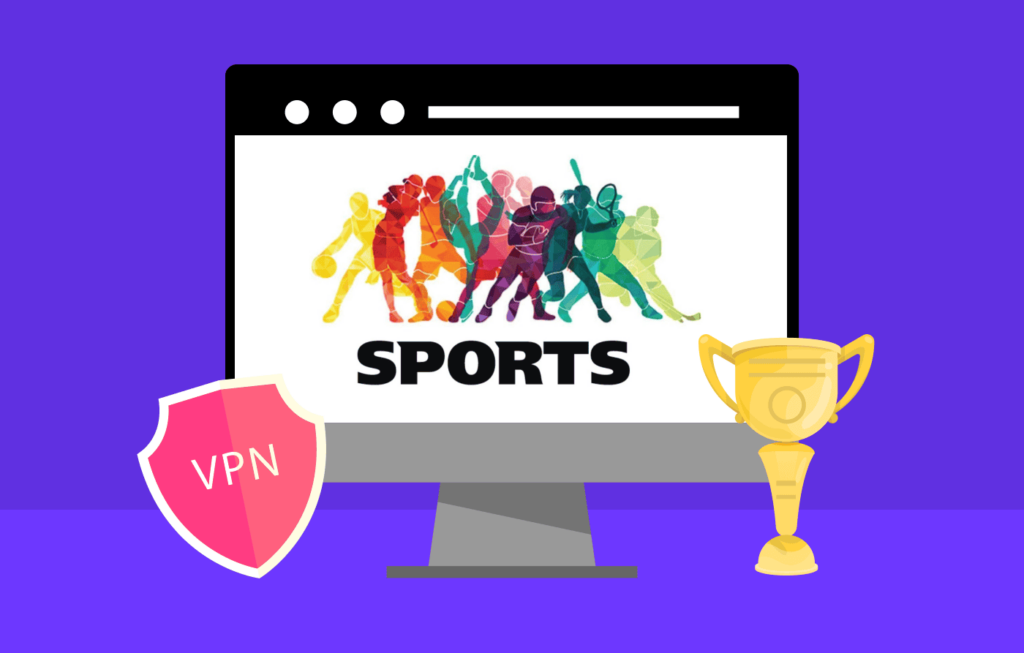
An IP address is a special number that identifies your device on a network. Streaming services check your IP address and provide information on what is available in your region. Hence, you can’t watch blocked content in another country.
However, there is a way of circumventing this restriction—using a VPN. It is a tool that encodes user data and sends it through servers in different parts of the world so that your IP address will change, making you appear as if you were physically present in a different country. Therefore, bypassing content restrictions within regions will allow you to watch only U.S. or U.K. Netflix shows.
However, not all VPN services work well or are effective for streaming. Some VPNs have more robust geo-blocking measures than others; hence, they may not be compatible with many online streaming platforms.
Therefore, consider these features when searching for a VPN service specially designed for streaming. Further still, research and evaluate before signing up for any VPN service.
How to Choose the Best VPN Service for Streaming
It is difficult to pick the best VPN service for streaming. Many VPN services are available, but some are not worth your time and money. You must use a process of elimination to select the right VPN service that meets your requirements.
A few factors you should consider when choosing a VPN include:
- Speed: It is crucial to choose a quick VPN service to watch H.D. videos without them stopping to load or being slow.
- Security: It is essential to get a safe VPN service to protect your information and privacy from hackers and trackers.
- Compatibility: A VPN needs to work with different devices and operating systems like Windows, Mac, Android, iOS, and Smart TVs.
- Servers: Having a VPN with many servers in many places helps access more online content and prevents slow loading.
- Customer support: If you have any problems or questions, look for a VPN service with a support team that responds quickly and offers help.
Our testing and review of several VPN services led to identifying two that meet these requirements and are great for streaming: ExpressVPN and NordVPN.
How to Use a VPN to Access Blocked Content
Accessing blocked content with a VPN is easy and simple. All you need to do is:
- Sign up for a VPN service such as ExpressVPN or NordVPN, which works well for watching videos online.
- Download and install the VPN app on your device.
- Connect to a server where your desired content is available.
- You can now access shows and movies on the streaming service that were not available before in your area.
For example, if you are a baseball fan in America and want to watch free Major League Baseball (MLB) games online, you can use a VPN to link to a server in another country where MLB is available. You will then be able to stream the games without paying anything.
Is it Legal to Use a VPN for Sports Streaming?
Most users employ VPNs for online sports streaming. Is it morally right or wrong to do so? To answer this question is not easy as it depends on many factors and personal choices.
The availability of the content in the user’s region is one factor that determines whether using a VPN for streaming sports is appropriate. Some famous streaming services restrict certain content depending on the geographical areas. This can frustrate people who want to watch their favourite sports teams and games. They can use a VPN service to bypass this restriction and get what they are looking for.
Another thing that we need to take into account is the quality of the content itself. Sometimes, such a stream may offer a low standard, frustrating customers. By changing their IP address, they can use a VPN service to improve quality and connect faster. In terms of satisfaction, this will enhance their streaming experience.
Ultimately, the legality of streaming sports online with a VPN is up to you. Some may see it as harmless fun to access what they want, while others may view violating terms as unfair. You should weigh the pros and cons and decide for yourself.
How to Use a VPN for Legal Sports Streaming
The legality of using VPNs for sports streaming is a subjective topic. When fans use VPNs to access content unavailable in their region, it falls into a grey area. On the one hand, content owners may argue that they lose revenue due to this method, while on the other hand, fans want to enjoy the sports they love. Both perspectives have validity.
One legitimate use of VPNs by sports fans is to watch events like the Olympics. However, in certain regions, such as the United States, the primary broadcaster often edits and cuts the coverage, preventing viewers from seeing the entire event. In such cases, some viewers connect to other websites through VPNs, allowing them to witness the unaltered competition.
How VPNs Can Enhance Your Sports Streaming Experience
If you’re a sports enthusiast, the desire to stream your favourite games and matches online irrespective of your location is undeniable. However, you may face challenges like geo-restrictions, slow connections, or security risks.
This is where using a VPN can be an excellent solution for you. A VPN can provide numerous benefits when streaming sports. Here are some of them:
Watch Sports from Anywhere in the World
The main advantages of using a VPN lie in its capacity to outsmart geoblocks and grant you access to any sports content you fancy. Connecting you to a server in a different nation where the content is accessible.
A VPN empowers you to, for instance, indulge in an NFL game that eludes your local broadcast. To savour the game, flip to a U.S. server using your VPN.
Improve Your Connection Speed and Quality
A VPN can also enhance your connection speed and quality. Sometimes, internet service providers (ISPs) regulate bandwidth or interfere with traffic, especially when streaming large amounts of data.
The user can experience such problems as buffering, lagging, or low resolution. Nonetheless, a VPN can encrypt your traffic and prevent the ISP from interfering. This lets you watch sports online without breaks, improving the overall experience.
Protect Your Privacy and Security
Using a VPN not only protects your privacy and security during sports streaming but also conceals your IP address and online behaviour from potential prying eyes like hackers, advertisers or government entities. It protects against unwanted tracking data collection and personalized advertisement targeting.
Access More Content and Save Money
Lastly, a VPN lets you access more information and save cash as you stream sports. Not only does VPN unlock content restricted due to geographical location, but it also unblocks content that some regions may black out or block.
For instance, you may be unable to watch games involving your area’s team on certain platforms as a result of licensing agreements. Nonetheless, a VPN can thwart this constraint, and you will have access to any game you want.
Conclusion
There are pros and cons of watching live sports using a VPN. For example, a VPN can help bypass geographical restrictions, secure your personal information from third parties, and avoid throttling by internet service providers.
Conversely, it may impair your speed, charge for its services, or even breach the terms of use provided by other video streaming platforms. Therefore, you must weigh the advantages against the disadvantages before you use a VPN for sport streaming.
Furthermore, select a reputable and dependable VPN company that has high speeds, is well encrypted, and has excellent customer support services. Even though it is not a complete guarantee of safety, it can make your sports streaming better off.
FAQs
A VPN encrypts your internet connection, ensuring privacy and security, sending your web movements through a private server.
Encrypting data establishes a safe tunnel between the device and the internet. This ensures that your online activities are invisible to others, such as hackers and your internet service provider.
VPNs ensure your secrecy, mainly when utilizing public Wi-Fi. Moreover, they enable you to access blocked sites, boost online protection, and stop monitoring your internet use.
Yes, VPNs are often used to access region-locked content on watching platforms like Netflix or Hulu by masking your IP address and location.
Free VPNs might put your data privacy at risk. They typically use ads or sell user data to make money. Paid VPN services tend to provide better security and privacy overall.
Yes, most VPN providers have applications compatible with iOS and Android devices. The apps can encrypt your internet connection like desktops for privacy and security purposes.
VPNs might slow your internet a bit because of encryption and routing through faraway servers. But with good providers and a fast connection, you likely won’t notice much of a difference.
Certainly, a VPN can circumvent censorship by concealing your IP address and encrypting all internet traffic to provide access to blocked websites and services where internet controls are more severe.
While VPNs enhance privacy and security, some risks include trusting the VPN provider with your data, potential DNS leaks, and the misconception that VPNs make you completely anonymous online.



















































































































































































